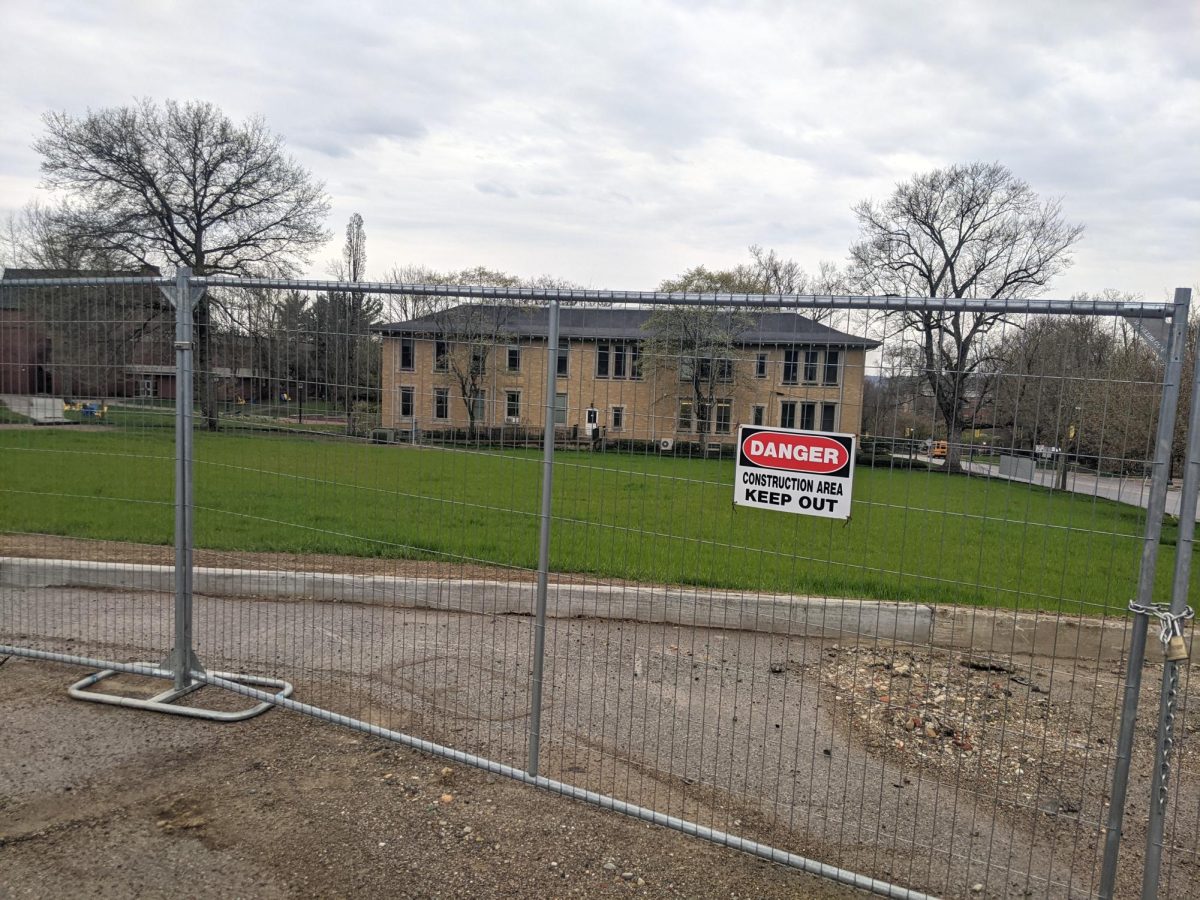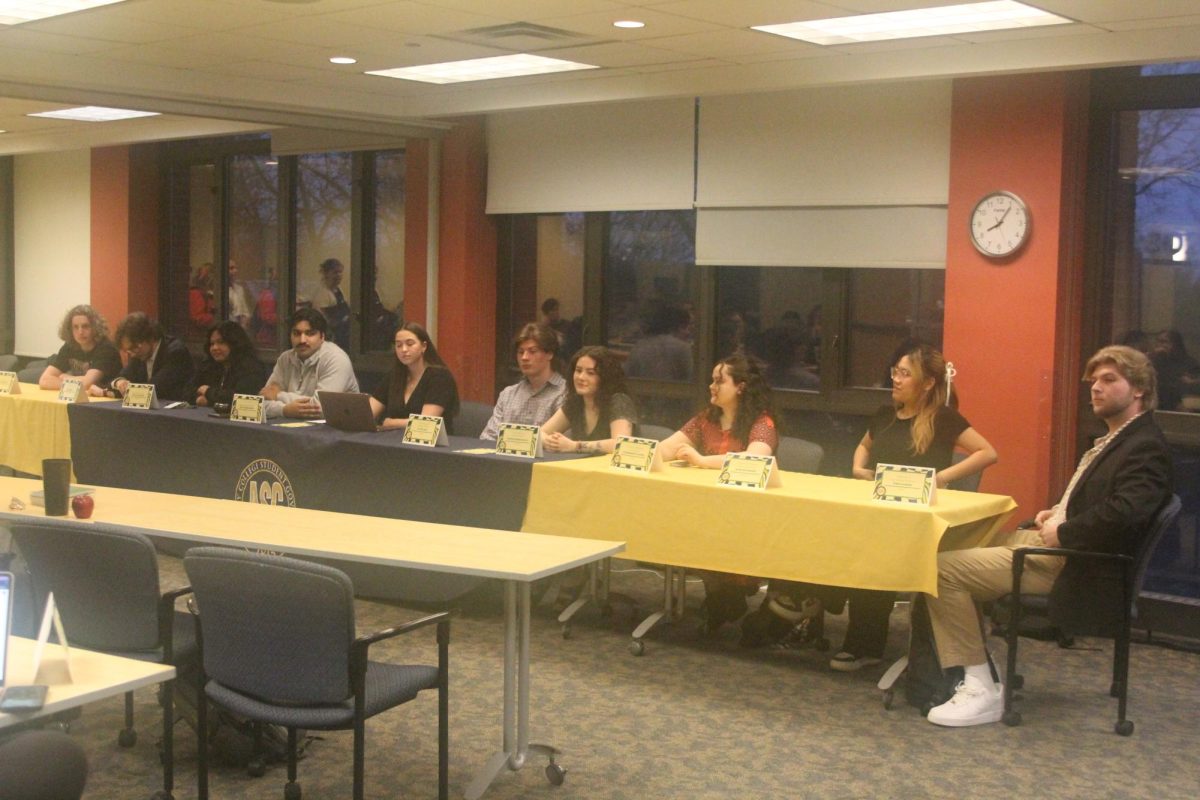We’re all familiar with the RSEs. “Reports of Student Experience” that each student is handed towards the end of a semester and told to fill out honestly and completely, rating the effectiveness of each professor. But are those evaluations really taken seriously? Are our words ever taken into account?
“I feel like it doesn’t do anything,” said Amanda deGeus, ’12.
RSEs are a factor that the Faculty Review Committee (FRC) looks at when they grant professors pre-tenure and tenure, but they are only a small part of the process.
“At Allegheny, profs are evaluated on the basis of their teaching performance, their professional development, and then the third component is what’s called participation or service in the learning industry,” said Associate Professor of Geology Ron Cole, who is a member of the FRC. “The RSEs are just one part of the teaching component that’s looked at.”
Dean of the College Linda DeMeritt expressed the same opinion.
“They are one measure of teaching and there are many different measures of teaching that go into making tenure and pre-tenure decisions,” she said.
In addition to RSEs, the FRC also relies on classroom observations, departmental evaluations, interviews with faculty members and students and self-evaluations written by professors to determine candidacy for tenure.
“There are no criteria for a certain score that has to be met; it’s not written down that somebody has to meet these numbers on the RSEs,” Cole said. “The whole person, the whole file is looked at.”
Additionally, when a professor’s RSEs are reviewed, the results of more than one course are taken into account. A candidate for tenure may have six years worth of evaluations to be considered.
“A couple of students not taking it seriously isn’t going to sink anybody,” DeMeritt said.
But these evaluations still provide vital information.
The RSEs, especially the narrative sections, are helpful in identifying overall student opinions of professors and their teaching styles.
Because the evaluations – which are anonymous – are available to be read by the faculty, they can also help professors improve their courses.
“Me, personally, I look at the RSEs and use them as a gauge for, in general, how are the students’ experiences in my course or courses,” Cole said.
Some students state that the impact of their responses prompts them to take the RSEs very seriously.
“I wouldn’t write down something like a minor issue. I would include something if it was a problem in the class,” said Christa Serlucco, ’13. “I write down things I think people should know.”
Claire Wesolosky, ’13, agreed.
“If I was a professor, I would want people to be honest with me,” she said.
Stephanie Alberico, ’11, had a similar opinion, saying, “I take them seriously whether I like the class or not. It gives the professors some feedback that they don’t normally get about the class.”
Yet others might not feel that the RSEs always hold much importance.
“I only take them seriously when I hate the professor,” said Elizabeth Deemer, ’12.
For the most part, however, students seem to respond earnestly, according to DeMeritt.
“We certainly try to make sure that students know that they are serious,” she said.






